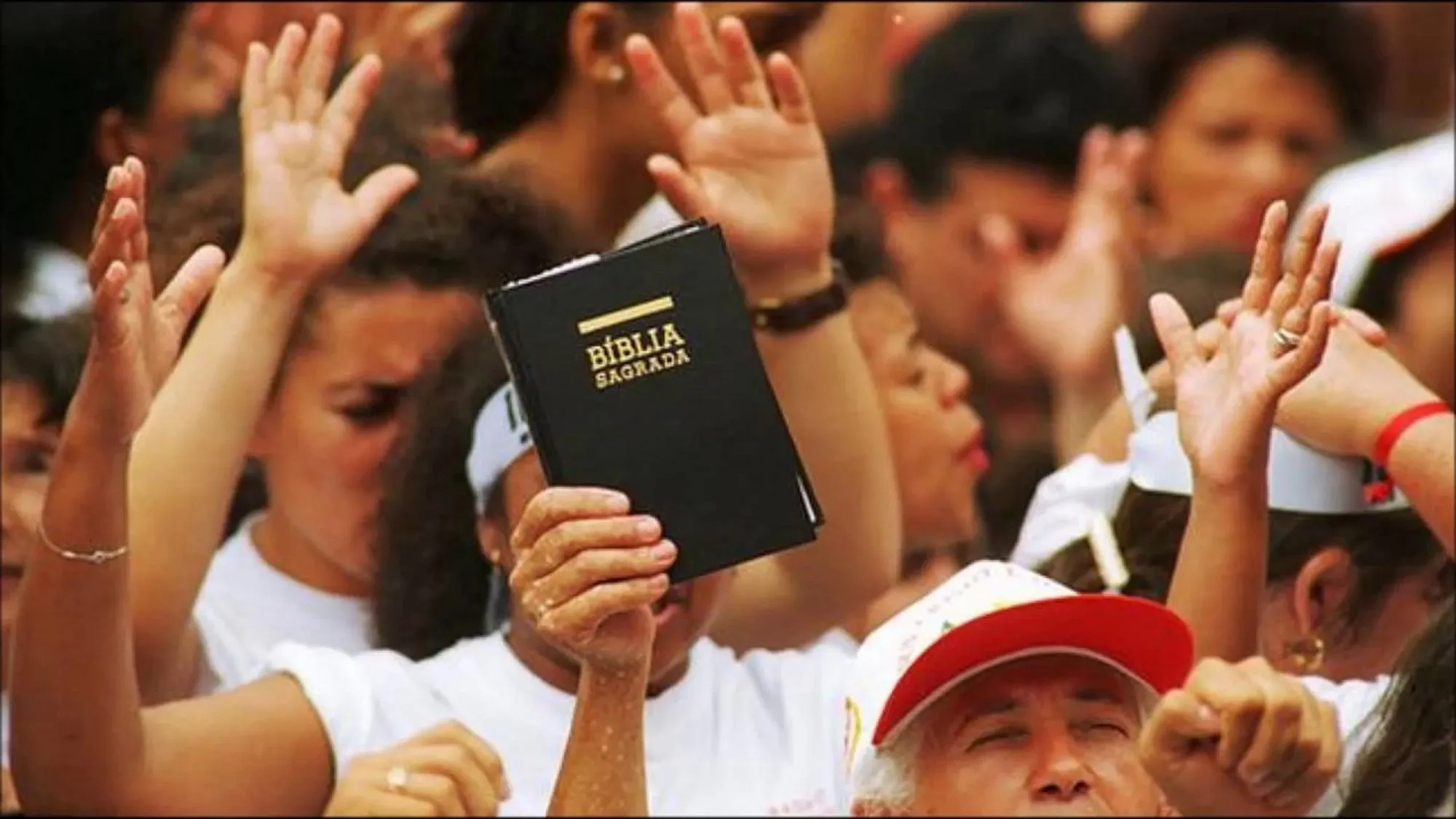Nine months into his term, President Lula faces a 64% disapproval rate among evangelicals, as revealed by a recent PoderData poll.
This is an 8% hike from his initial 56% rate. Conversely, 31% of evangelicals still approve of Luís Inácio Lula da Silva.
This number has stayed the same since January. A June poll showed a peak at 34%.
Among Catholics, there’s a slight dip too.
The approval rate slid from 60% in June to 57% now. Meanwhile, Catholic disapproval has risen from 31% to 36%.
The poll surveyed 2,500 people across 212 towns. It boasts a 2% margin of error and a 95% confidence level.

Evangelicals have always been a tough crowd for Lula.
He tried to win them over during the campaign but had little success. Post-election, efforts to engage this group have been minimal.
In June, Lula was booed at a significant evangelical event. Union Attorney General Jorge Messias mentioned him, but Lula did not attend.
Lastly, it’s clear that Lula’s administration faces challenges in connecting with religious groups.
While approval rates have remained somewhat steady among Catholics, disapproval is mounting.
Both religious groups seem to be pulling away, signaling troubles ahead for the president.
This growing dissatisfaction may influence future policy and political moves.
Background Lula And Evangelicals
This rising discontent among evangelicals and Catholics could be a significant concern for Lula.
Historically, religious groups have played a crucial role in Brazilian politics.
The data suggests Lula is losing grip on a core voter base, which may harm his legislative agenda.
Additionally, religious voters often hold sway in community opinions. Losing their support could spiral into broader social disapproval.
The timing is also pivotal, given the global focus on Brazil for various socio-political reasons.
Furthermore, the consistency in disapproval rates signals a deeper issue than mere political fluctuation.
It could reflect dissatisfaction with how the government handles crucial matters such as the economy, social justice, or corruption.
Finally, if this trend continues, Lula might need to reconsider his political strategies.
He may need to engage directly with these groups to understand their grievances better.
For now, nine months into his term, President Lula faces a 64% disapproval rate among evangelicals, as revealed by a recent PoderData poll.
Actions must be taken soon to mitigate this growing division, or the president risks long-term political fallout.

